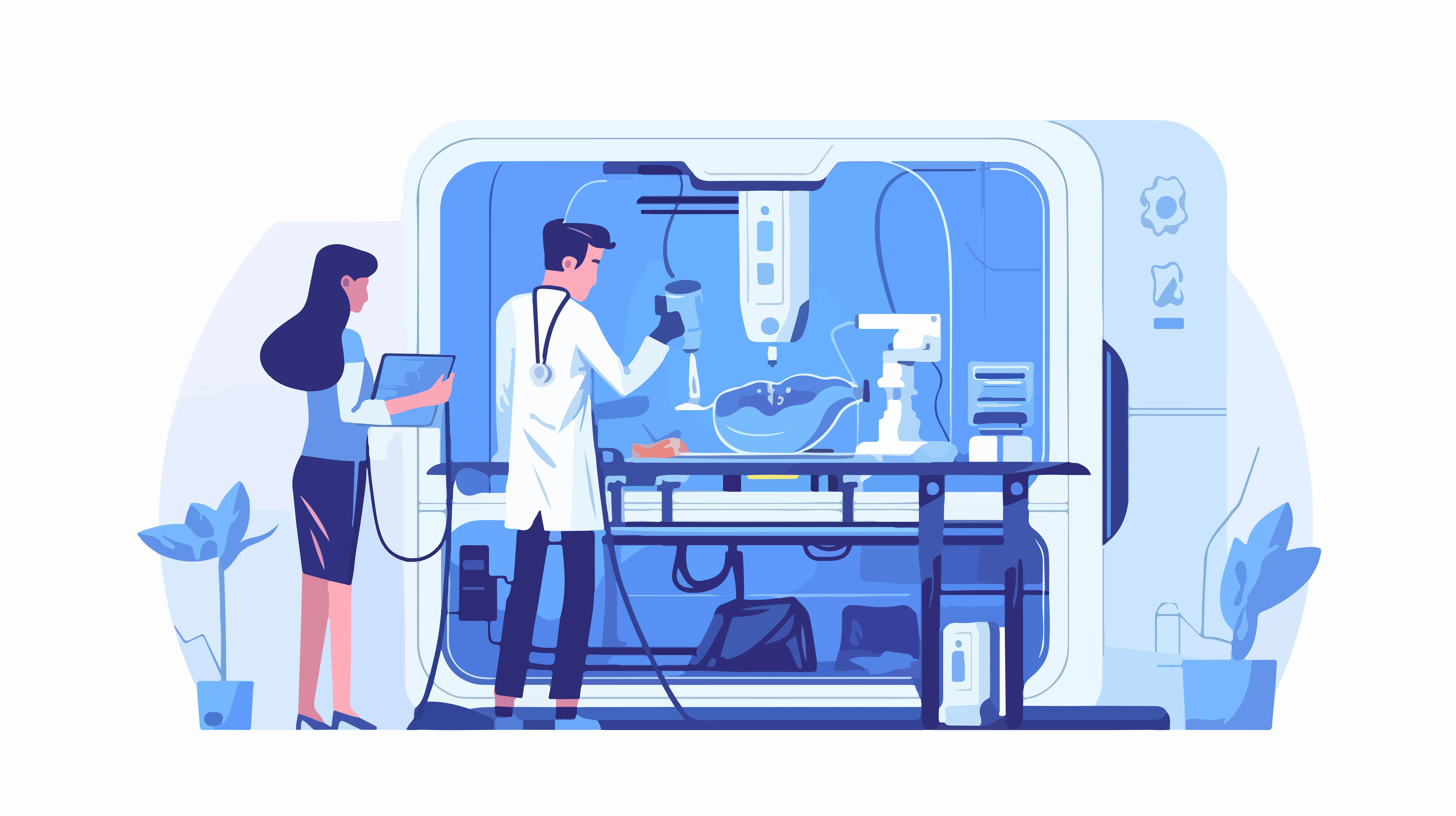In the constantly changing fields of clinical research and healthcare, precision, efficiency, and flexibility are critical. Digital twin technology is among the most revolutionary innovations that are currently changing healthcare operations. Initially created for the manufacturing and aerospace sectors, digital twins are now being used extensively in the healthcare sector, especially for clinical supply chain optimization and simulation. With digital twin technology, a physical system, procedure, or item is virtually replicated. Actual-time monitoring, analysis, and decision-making are made possible by this digital model, which replicates behavior and circumstances found in the actual world. World BI is organizing Clinical Trial Supply Forum again where this topic is going to be discussed. When applied to the clinical supply chain, digital twins offer a powerful tool to simulate logistics, predict bottlenecks, and improve overall efficiency, ultimately leading to better patient outcomes.
Understanding Digital Twin Technology
A digital twin technology is a virtual representation a true-to-reality simulation of physics and materials of a real-world physical asset or system, which is continuously updated. Using information from sensors, devices, and historical records, a digital twin is a dynamic, digital model of a physical system that replicates real-world operations. Digital twins can mimic everything in healthcare supply chains, including temperature controls, storage conditions, transit routes, and inventory levels. A thorough understanding of supply chain processes is offered by digital twins, which combine IoT devices, machine learning algorithms, and real-time data. This keeps real operations from being disrupted while enabling stakeholders to test scenarios, forecast results, and make well-informed decisions.
Challenges in Clinical Supply Chains
The high stakes, strict rules, and unpredictability of clinical trials make healthcare supply chains infamously complex. Key challenges include:

- Regulatory Compliance: Careful supervision is necessary due to strict requirements for paperwork, quality assurance, and traceability.
- International Distribution: Because trials frequently take place across borders, logistics, customs, and compliance become more complicated.
- Demand Uncertainty: It might be challenging to enroll patients and precisely predict demand, which can result in shortages or waste.
The Role of Digital Twins in Clinical Supply Chains
Digital twin technology addresses these challenges by offering the following capabilities:
- Real-Time Visibility: Digital twins enable continuous monitoring of the supply chain, providing insights into inventory levels, transportation conditions, and potential disruptions.
- Predictive Modeling: Stakeholders can simulate various scenarios, such as demand surges or transportation delays, to understand potential impacts and prepare contingency plans.
- Process Optimization: By analyzing workflow data, digital twins identify inefficiencies and recommend process improvements.
- Risk Mitigation: Early identification of issues allows for proactive responses, reducing the risk of trial delays or compliance failures.
Practical Applications in Clinical Trials
Several real-world applications demonstrate the transformative potential of digital twins in clinical supply chains:
- Temperature-Controlled Logistics: Digital twins monitor and simulate cold chain logistics, ensuring temperature-sensitive materials maintain integrity from production to patient delivery.
- Inventory Management: Predictive analytics minimizes waste and ensures availability by forecasting demand and optimizing inventory levels.
- Site Selection and Planning: Simulations assist in evaluating logistics for new trial sites, taking into account infrastructure, accessibility, and patient recruitment potential.
- Regulatory Readiness: Digital records generated by digital twins streamline documentation and audit readiness.
Benefits of Digital Twin Adoption
The integration of digital twin technology in clinical supply chains offers numerous advantages:
- Enhanced Efficiency: Automated monitoring and predictive capabilities streamline operations and reduce manual errors.
- Improved Patient Outcomes: Faster and more reliable supply chains ensure timely delivery of trial materials, enhancing patient care.
- Cost Reduction: Optimized logistics and inventory management lead to significant cost savings.
- Increased Agility: Real-time data enables quick adjustments to supply chain plans in response to changing conditions.
Barriers to Implementation
Digital twin technology has potential, but there are obstacles to its use in healthcare supply chains.
- High Initial Investment: There are substantial upfront infrastructure and training costs associated with creating and implementing digital twin systems.
- Data Integration: It's a difficult effort to combine data from many sources and guarantee its accuracy and consistency.
- Change Management: Organizations must foster a culture that embraces digital transformation and continuous learning.
- Regulatory Considerations: Ensuring compliance with data privacy and healthcare regulations is essential.
The Future of Digital Twins in Clinical Research
The role of digital twins in clinical supply chains is set to expand:
- AI-Driven Enhancements: Integration with AI will enable even more accurate predictions and autonomous decision-making.
- Personalized Medicine: Digital twins could be used to simulate individual patient responses to treatments, revolutionizing clinical trial design.
- Blockchain Integration: Improving supply chain data sharing security and transparency.
- Scalable Solutions: As adoption increases, businesses of all sizes will have easier access to cloud-based and modular digital twin platforms.

Conclusion
The healthcare supply chain is about to undergo a transformation thanks to digital twin technology, which offers a data-driven, real-time simulation environment that improves decision-making, efficiency, and visibility. Digital twins provide a way to make clinical research more patient-centered, responsive, and flexible by tackling the inherent uncertainties and complexity of clinical trials. As the healthcare industry continues its digital transformation, stakeholders must recognize the value of this powerful tool. By investing in digital twin technology today, clinical trial sponsors and supply chain professionals can build more resilient, efficient, and operations that are prepared for the future, which will eventually enhance patient outcomes and spur medical innovation.
Clinical Trial Supply Forum
Clinical Trial Supply Forum is a global event uniting leading pharmaceutical, biotech, and clinical research organizations along with AI, data science, regulatory, and clinical operations experts to explore the future of clinical supply. Clinical Trial Supply Forum organized by World BI, this dynamic conference focuses on clinical trial design, Clinical Supply Planning & Forecasting, Risk-based supply planning, decentralized trials, real-world data, Clinical drug product manufacturing, Cold chain and controlled room temperature logistics, Randomization, Supply chain simulation and trial supply management and AI-driven innovations in clinical research. The event fosters cross-industry collaboration and innovation to enhance the efficiency, diversity, and success of clinical trial supply globally.